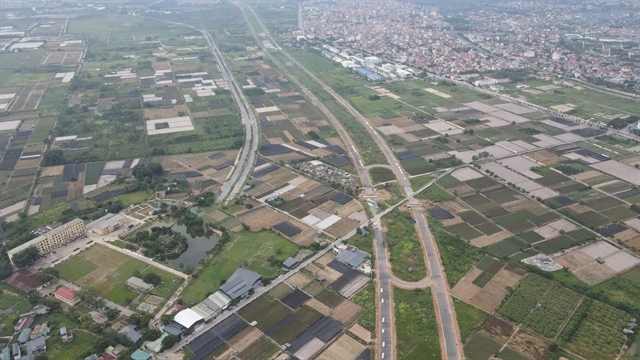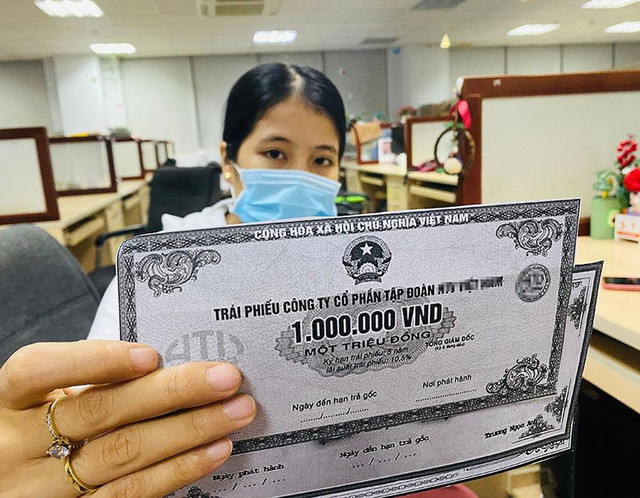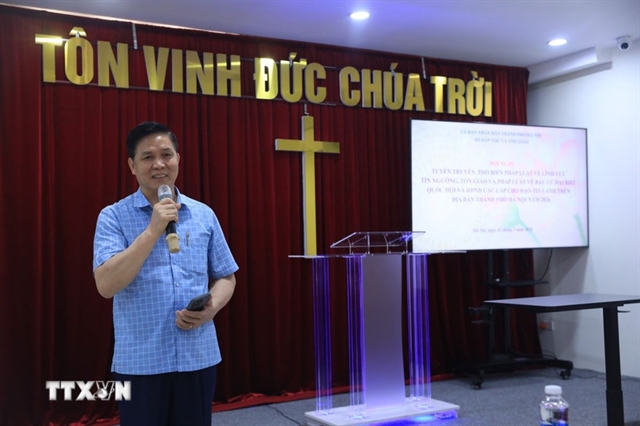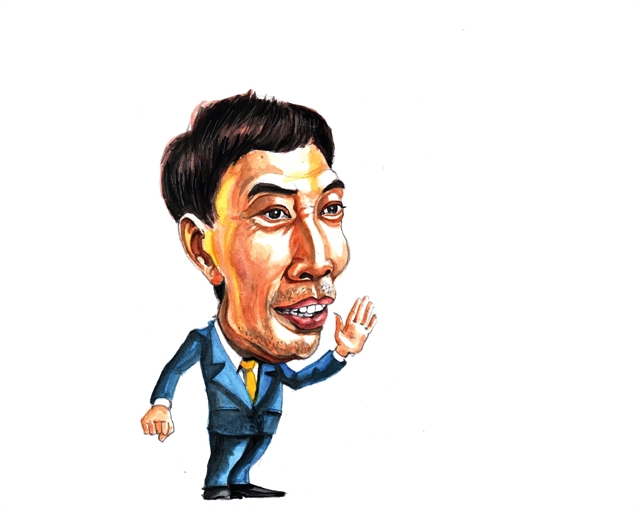 World
World

After pushing a revised peace deal with the FARC rebels through Congress, Colombian President Juan Manuel Santos got down to a far bigger challenge Thursday: implementing it.
BOGOTA — After pushing a revised peace deal with the FARC rebels through Congress, Colombian President Juan Manuel Santos got down to a far bigger challenge Thursday: implementing it.
The lower house’s unanimous vote in favour of the deal set off a countdown to end a conflict that has burned for over half a century and killed more than 260,000 people.
"Today we can say the war has officially ended," Santos said in a speech.
"We all have to continue making sacrifices, but I hope we will do so together."
Interior Minister Juan Fernando Cristo told a news conference that Colombia now faces "an enormous challenge" to implement the accord.
Within five days, the Revolutionary Armed Forces of Colombia, or FARC, must begin demobilising and surrendering their weapons.
Under the deal, the process must be complete within six months. The FARC will relaunch as a political party.
The next step, Cristo said, would be to present Congress with an amnesty for FARC members -- the most contested part of the accord.
Amnesty
Santos, who won this year’s Nobel Peace Prize, said "D-Day begins" yesterday.
The delicate transition to peace will take place amid bitter opposition to the deal, which Santos’s rivals say is too soft on the leftist guerrillas.
Voters rejected an earlier version of the deal in a referendum last month.
That sent peace negotiators back to the drawing board after nearly four years of talks.
Rather than risk a second referendum, the government and rebels decided to have the revised deal ratified in Congress.
Opponents say the new version includes only token changes.
The deal passed unanimously in both houses of Congress, where Santos has a majority.
His top opponent, former president Alvaro Uribe, led a walkout by his right-wing party, the Democratic Center.
"How is the Congress going to approve what the Colombian people rejected?" Oscar Ivan Zuloaga, a former presidential candidate for Uribe’s party, said during the House debate.
Uribe and his allies argue the deal grants impunity to rebels guilty of war crimes, giving them seats in Congress rather than sending them to jail.
The biggest bone of contention is an agreement for non-custodial sentences for FARC members who admit to their crimes. Under the deal, rebel leaders will be able to hold public office while still serving their sentences. — AFP




